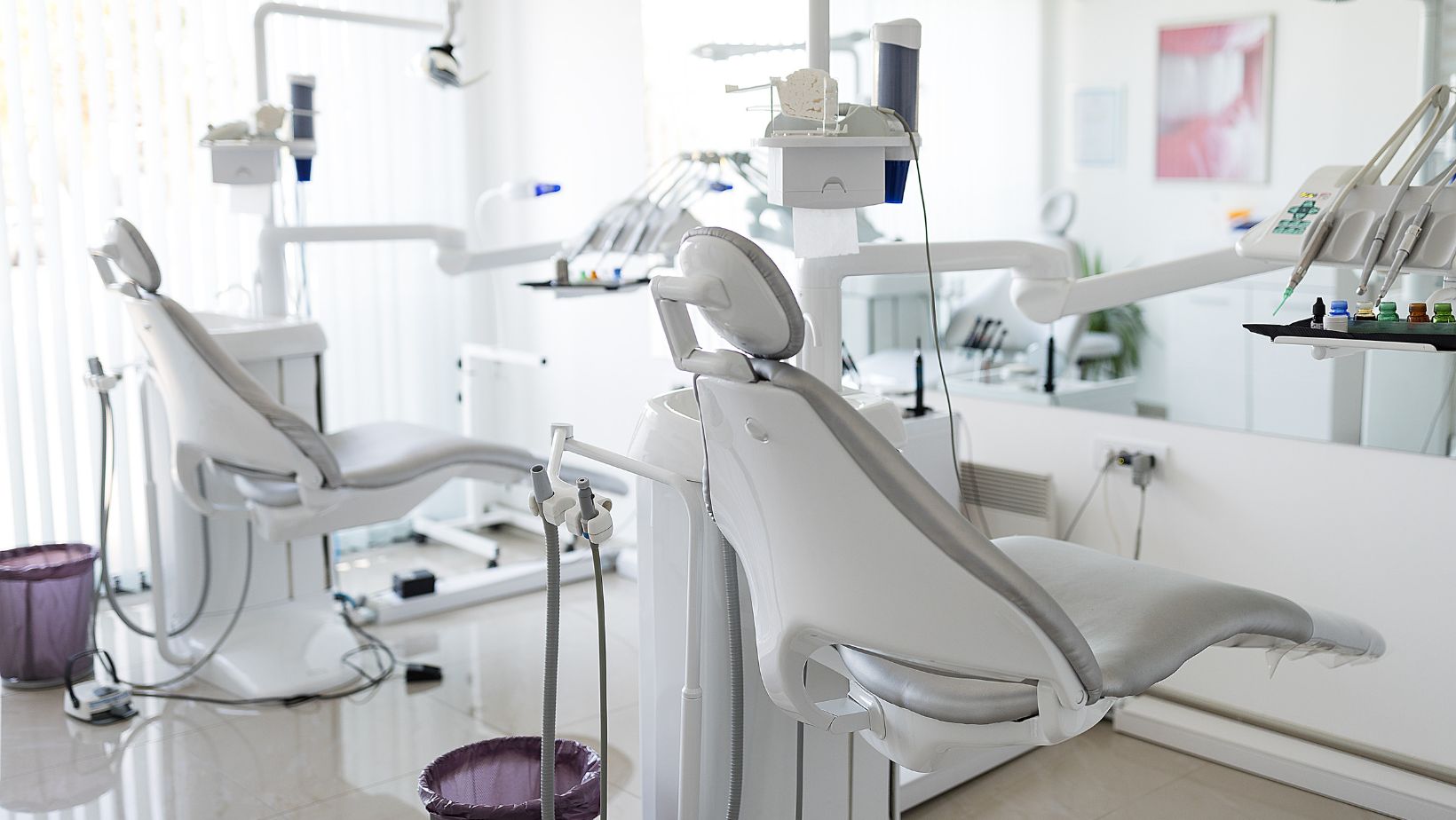Dental Office Overhead: The Numbers You Need to Know

As the owner of a dental practice, you have two main goals: providing your patients with exceptional dental care and, of course, making a profit. To do that, you need to control your overhead.
You already know how to take care of your patients—that’s what you were trained to do. But you may not be an expert in dental accounting. Therefore, you may not know how to effectively calculate your overhead. Read on for a how-to guide to calculate your dental office overhead and the common mistakes you should avoid.
 What Is Overhead?
What Is Overhead?
Overhead is the cost of running your business. This includes fixed and variable expenses such as staff salaries, equipment, dental software, utilities, building maintenance, rent or mortgage, marketing, business administration, and more.
According to the American Dental Association, your overhead breakdown should be:
- 4-7% in fixed expenses, such as rent, insurance, and taxes
- 45 - 55% in variable costs, including salaries, lab fees, and supplies
To calculate your overhead, add your total revenue and separately add your total costs. Then determine what percent the expenses are of your revenue.
 Common Overhead Mistakes TO Avoid
Common Overhead Mistakes TO Avoid
Your target overhead cost should be about 60%. If it is much higher than that, it will erode your profits.
Here are some common mistakes when it comes to calculating and maintaining your overhead to ensure profitability:
1. Failing To Regularly Review Your Financial Performance & Categories
If you don’t continually look at your profit and loss statements to determine your overhead, you may have inaccurate records, and you could be missing opportunities to decrease expenses. With the help of a dental CPA, you can gain more detailed insight through supplemental reports, such as production per day and treatment acceptance rate.
Related: 5 Easy Tax Planning Strategies Dental Practices Use To Save Money At Tax Time
2. Failing to inClude marketing in overhead
Yes, spending money to make money seems counterintuitive, but you’ll lose much more than you’ll save if you don’t market your practice. Growing your practice depends on attracting new patients. If you don’t put your services in front of potential customers, you won’t grow your client base and your overhead will increase. So don’t neglect to add and factor in marketing expenses to calculate your overhead.
3. Not Following up with a plan
Calculating your overhead isn’t going to do you any good if you don’t implement a plan— whether you need to reduce overhead spending or keep it steady. If you need to decrease it, examine possible ways to save money such as shopping for a more competitively priced lab, seeking additional insurance quotes, and using an inventory control system to avoid excess.
4. Not Hiring a CPA THat's an expert in Dental Accounting
Many tax write-offs could reduce your overhead and save you thousands of dollars. But they may require you to take additional complicated steps to qualify. A dental accountant can ensure you aren’t missing any of these valuable cost-cutting tax benefits. Dental accountants are also up-to-date on rules and regulations in the dental industry and can ensure you remain compliant.
Get expert guidance from Memphis dental accountants at Chaliff + Associates
The Chaliff + Associates team provides experienced, sound financial guidance for dental practices. As dental practice accounting experts, we can provide you with strategies to reduce your overhead and maximize your profit. Ready to learn more? Request a consultation with one of our dental accounting experts today!





